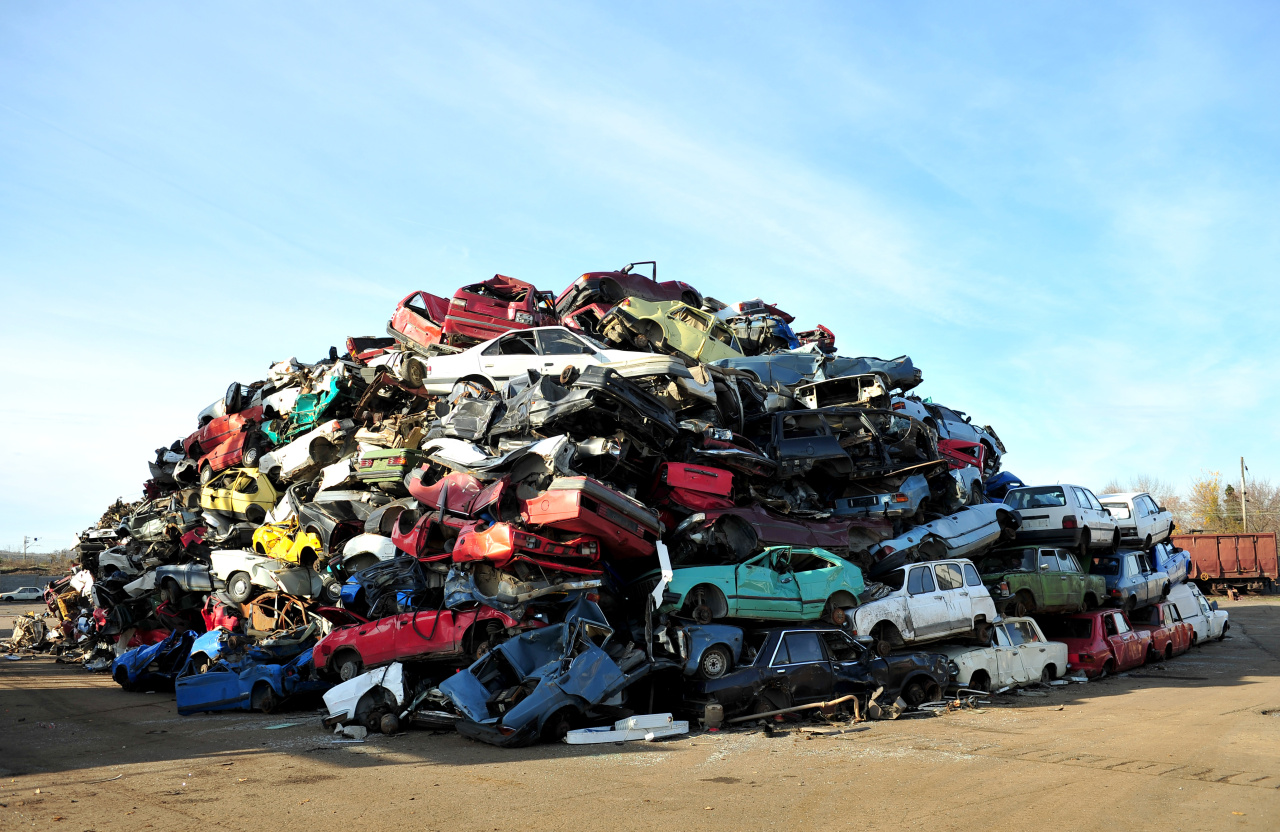South Korea is pushing to expand its electric vehicles market, vowing to use massive subsidies to get 350,000 of them on the road by 2022, but is it feasible?
The plan comes without specific guidelines on how to collect and retrieve the vehicles’ key components -- EV batteries -- when they are dead.
As per regulations, since December 2018, when drivers of subsidized EVs scrap their cars, they must return dead batteries to municipalities they received subsidies from, according to the Ministry of Environment.
However, the rule only applies when drivers scrap their vehicles, creating a regulatory void for what to do when the batteries, and not the cars, are discarded.
“There is no rule on what to do with replaced dead batteries,” a Seoul Metropolitan Government official said.
“When EVs clock between 150,000 to 200,000 kilometers, batteries have to be replaced as their capacities drop below 70 percent, but that would take about 10 years, by the time of which drivers would just scrap their vehicles instead of replacing their batteries.”
In other words, the current rule isn’t prepared for EVs that require periodical battery replacements such as electric trucks, buses or taxis that travel much longer distances than typical cars.
Currently, the government provides generous subsidies for EVs: 100 million won ($81,000) for Hyundai’s eco-friendly bus Elec City and 18 million won for Kia’s Bongo electric truck.
Even the current system lacks rules on how to deal with the batteries they do collect.
When drivers scrap their EVs, they must draw up a document before returning the dead batteries. Then, the Environment Ministry collects the dead batteries and the documentation. Currently, the ministry outsources the work to an organization called Korea Automotive Recyclers Association.
“KARA collects and stores dead EV batteries with documentation in a cooperative manner. There isn’t any contract signed with the ministry, so the association doesn’t receive any payments,” a KARA official said.
When asked why it is doing the service for free, the official declined to comment.
Also, as there is no contract, KARA isn’t under any government supervision.
“There is no government institution that supervises how KARA collects and keeps dead batteries,” the official said.
In other words, the government does not maintain any data on how the dead batteries are collected and what safety measures are taken to store them.
Furthermore, the rule only applies to subsidized EVs, and dead batteries of unsubsidized EVs are out of authorities’ reach.
According to KARA, it is up to the drivers to decide. “They can just leave the dead batteries in junk yards,” its official said.
The Environment Ministry, admits there is no government rule over unsubsidized EVs and the risks it may pose.
“Even cellphone batteries are dangerous if they explode. EV batteries, overwhelmingly bigger in capacity and size, can cause a serious accident if they explode,” a ministry official said.
The Resources Recycling Division and Air Quality Future Strategy Division of the ministry is responsible for issues related to EV batteries.
On top of the lack of a system to collect, retrieve and store dead batteries (subsidized or not), the ministry does have plans on how to reuse or recycle dead batteries.
As the reuse and recycling of dead batteries requires infrastructure that private companies can’t afford, the ministry is currently building four collection centers for dead batteries: one near Seoul, one in the Chungcheong provinces, one in South Gyeongsang Province and one in the Jeolla region.
“There are not enough dead batteries to commercialize the process yet. However, dead EV batteries, which still have high value, will begin to pour in soon. The four collection centers will conduct tests on dead batteries and categorize them depending on various purposes so that private businesses can take them whenever they want,” the ministry official said.
SungEel HiTech, a lithium-ion battery recycling company, said it has recycled 3,000 metric tons of EV batteries last year, but failed to be profitable as EV batteries these days contain less cobalt. Cobalt is one of the most valuable raw materials for EV batteries.
The construction of the collection centers will be completed within this year at the earliest or the next year at the latest, according to the ministry.
On top of collection centers, the ministry is working on recycling centers where categorized dead batteries will be recycled.
“The construction of a recycling center has been completed in Jeju Island. Two other centers are under construction in Pohang, North Gyeongsang Province and Naju, South Jeolla Province, respectively. The former will be completed in August next year while the latter will be completed sometime later,” the ministry official said.
By Kim Byung-wook(
kbw@heraldcorp.com)







![[Today’s K-pop] Blackpink’s Jennie, Lisa invited to Coachella as solo acts](http://res.heraldm.com/phpwas/restmb_idxmake.php?idx=644&simg=/content/image/2024/11/21/20241121050099_0.jpg)
